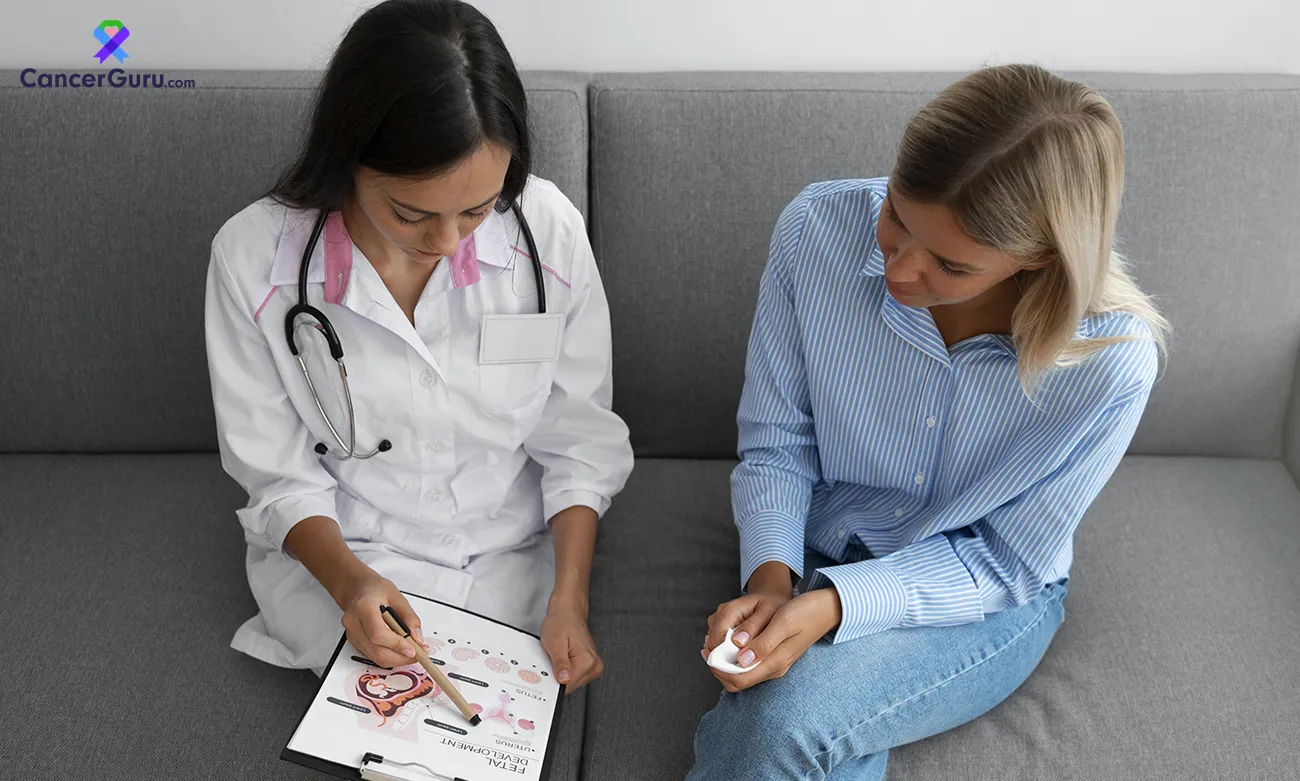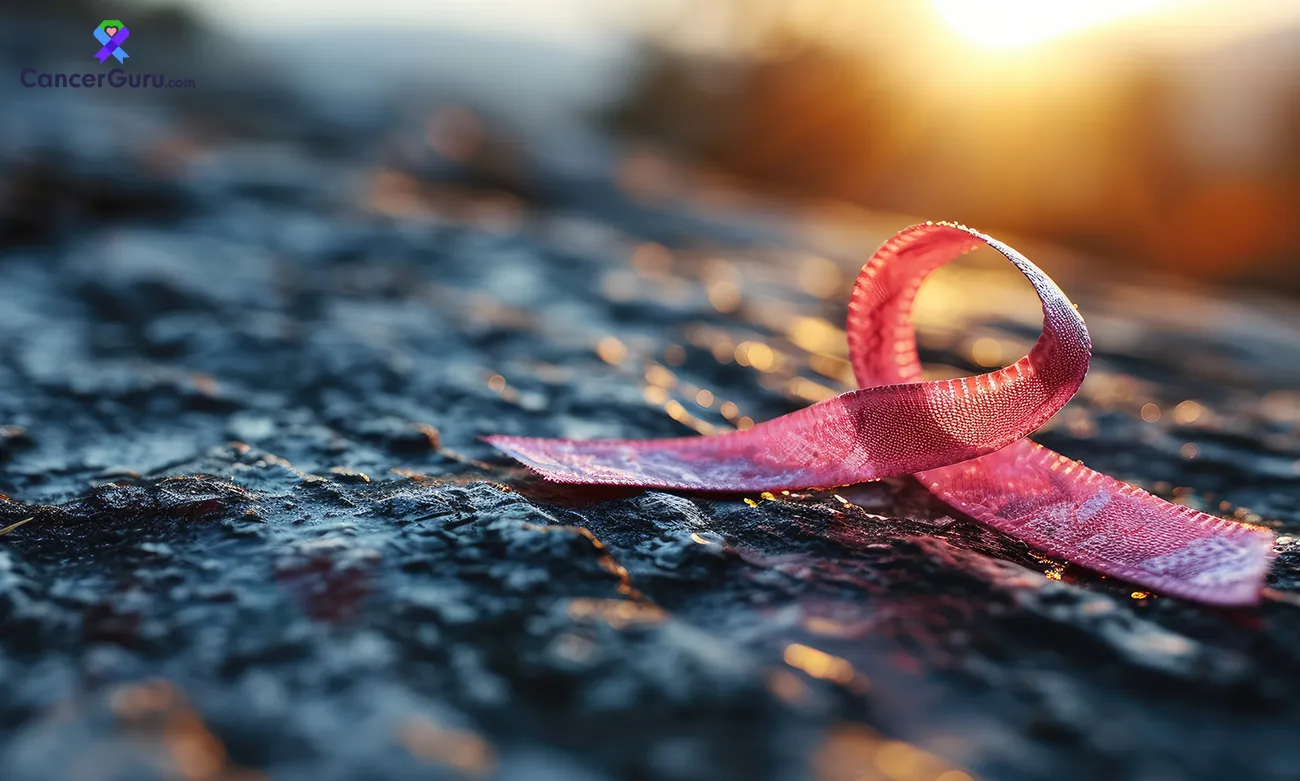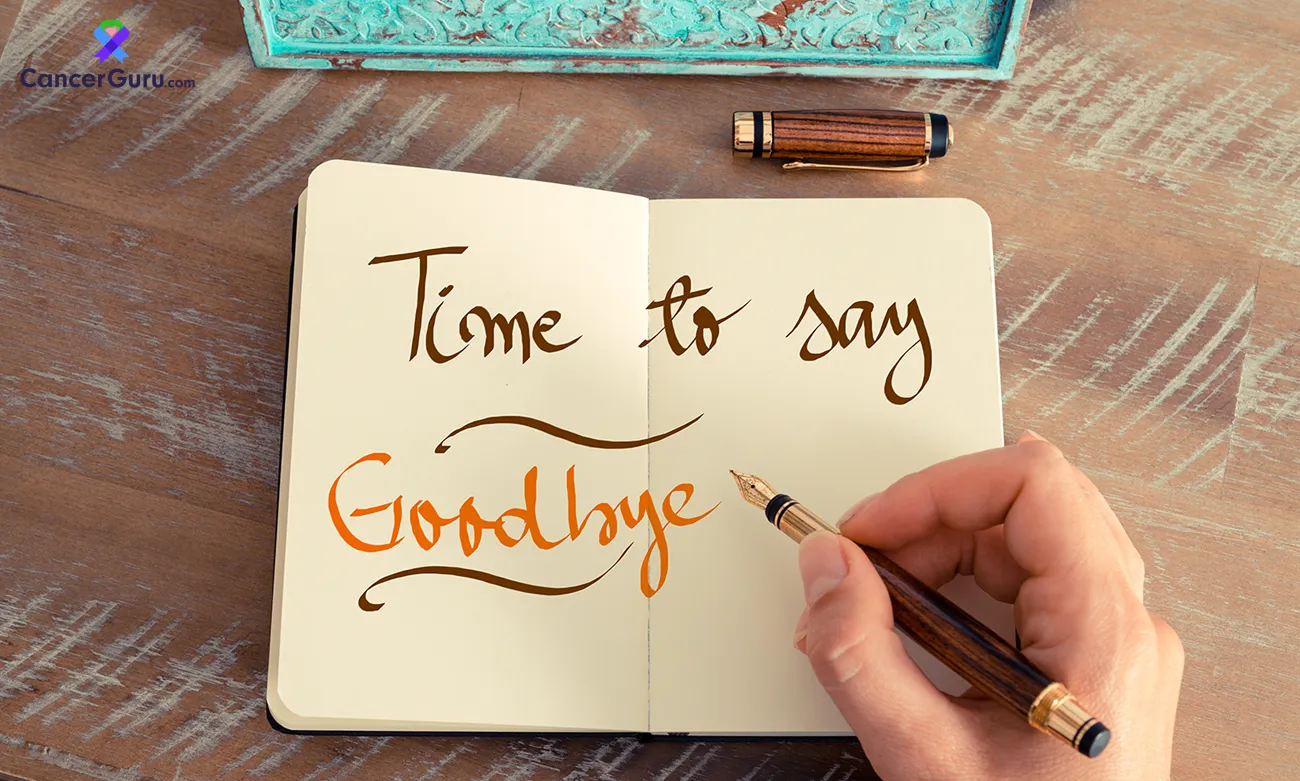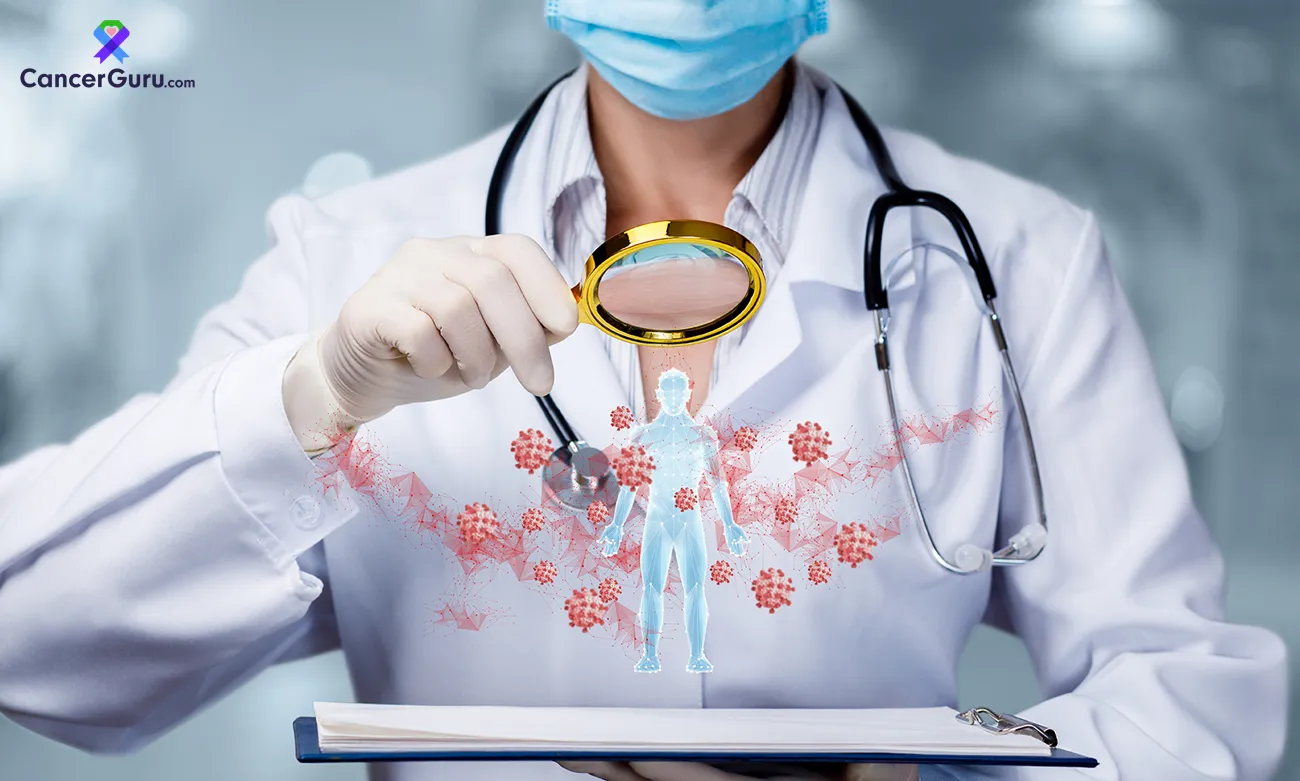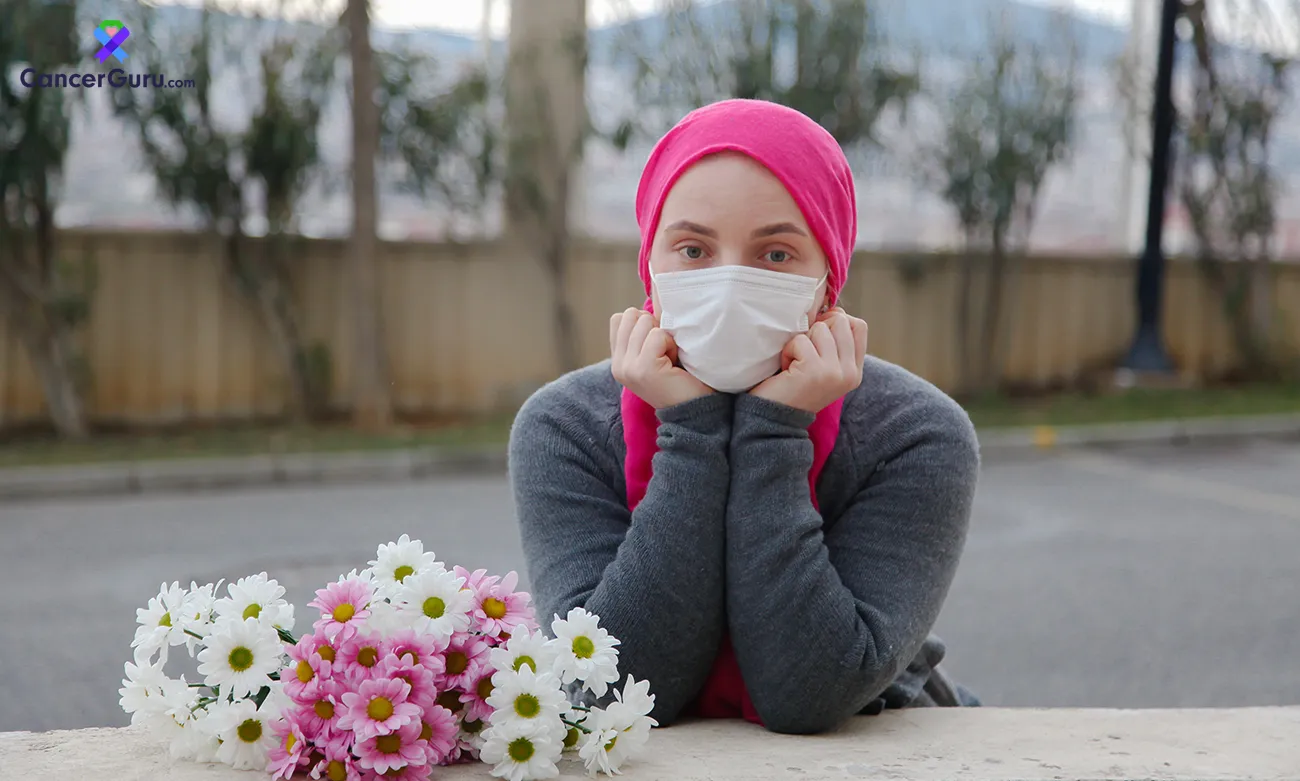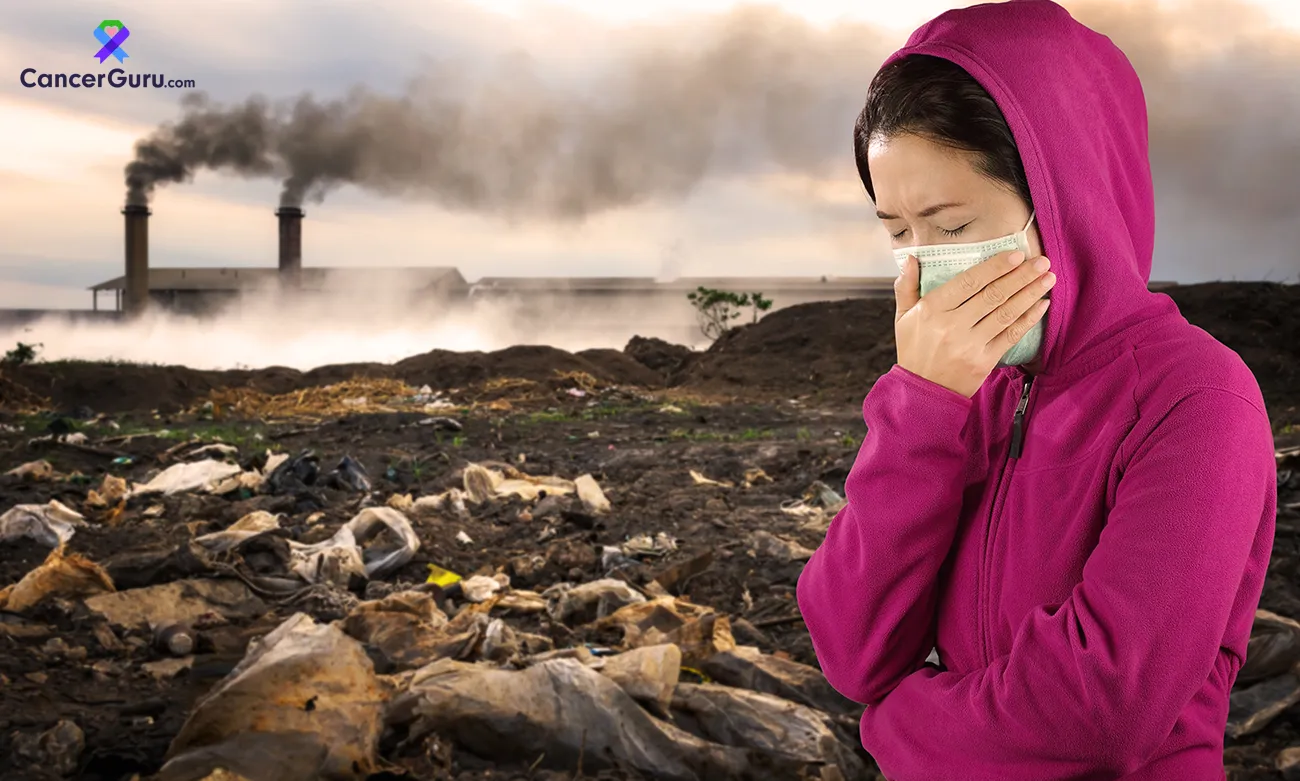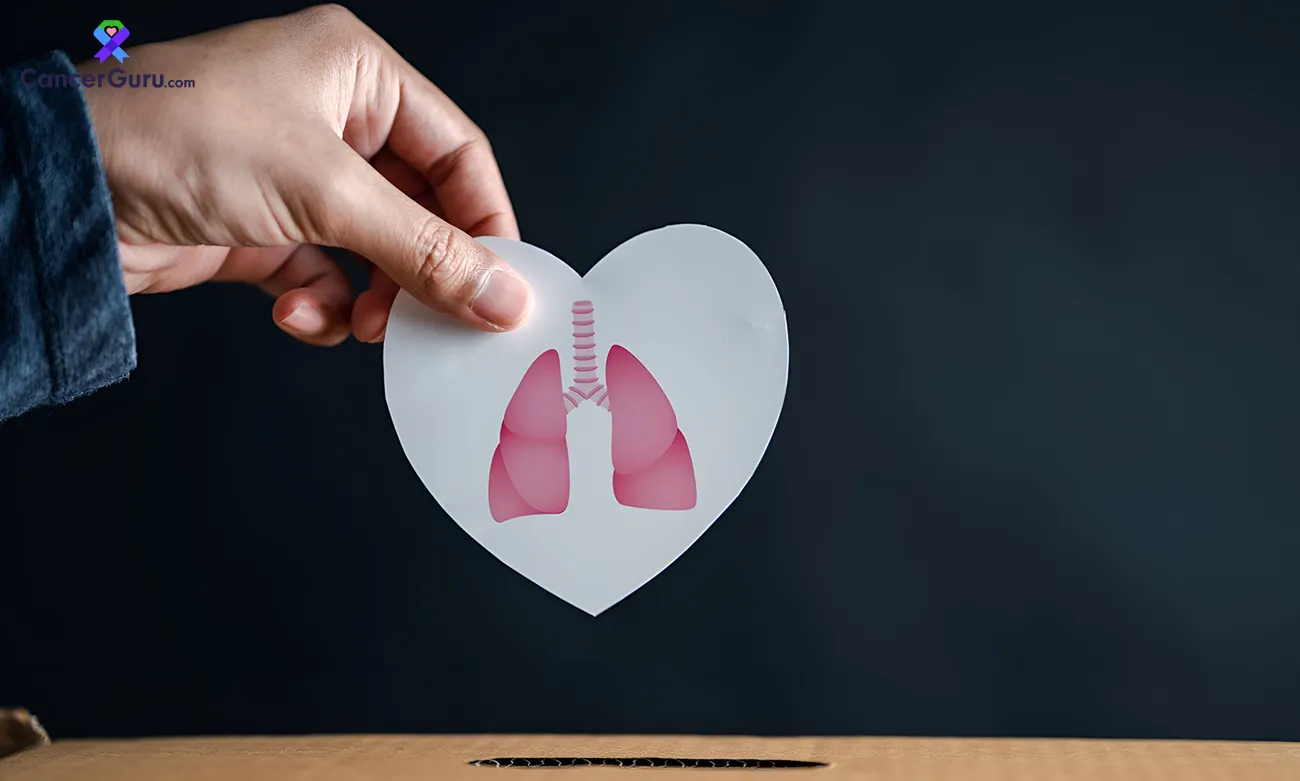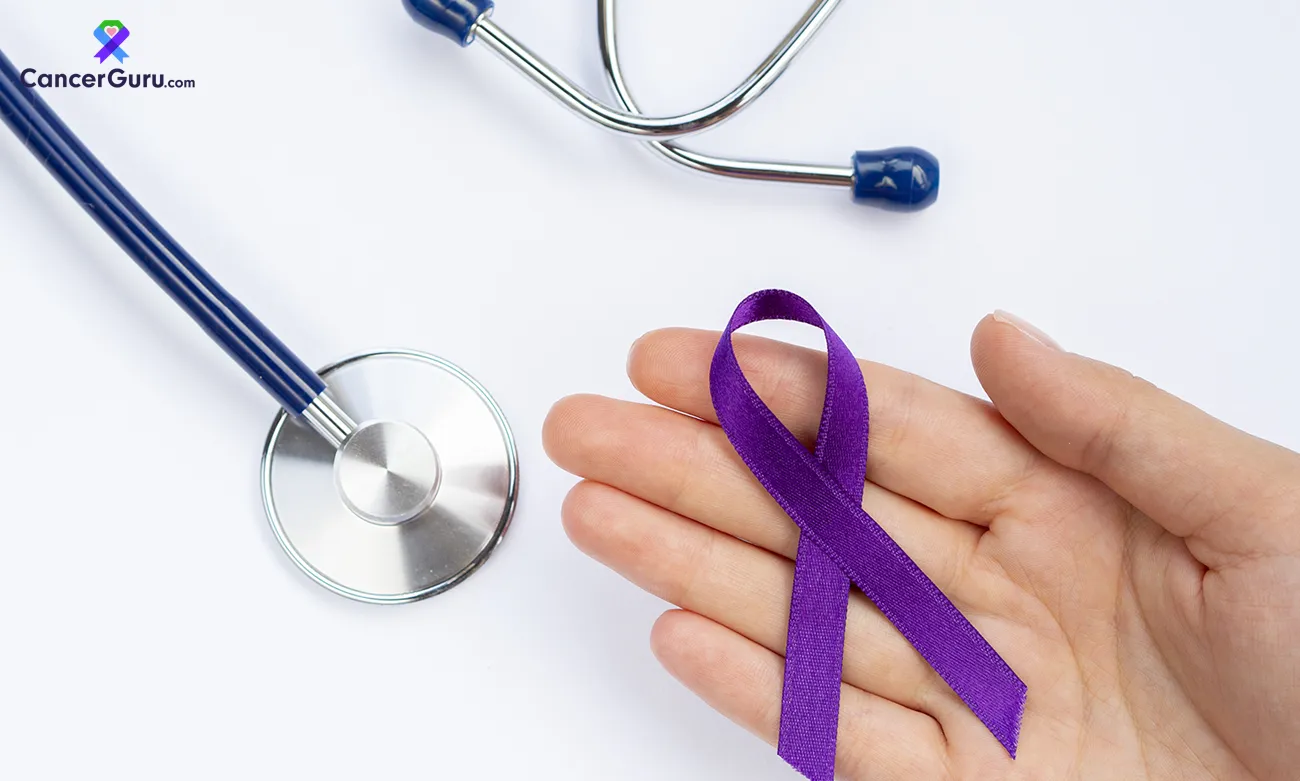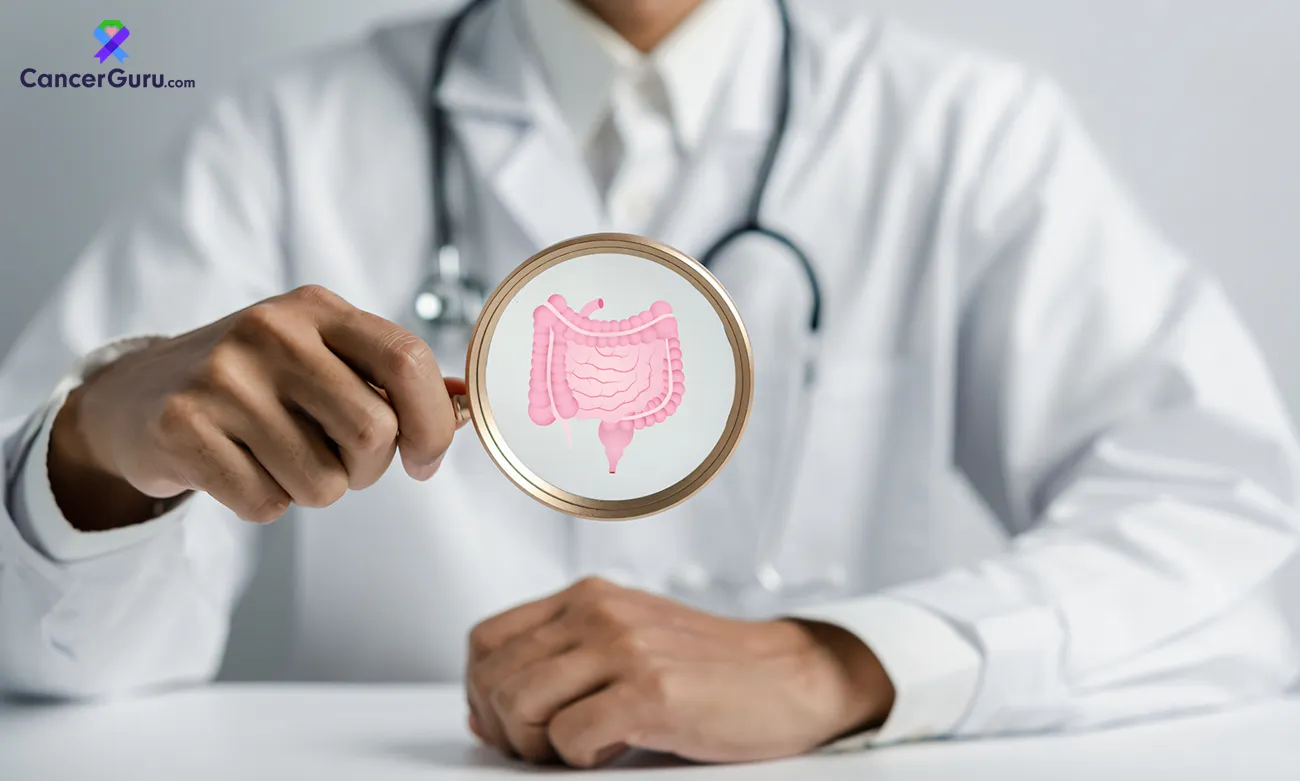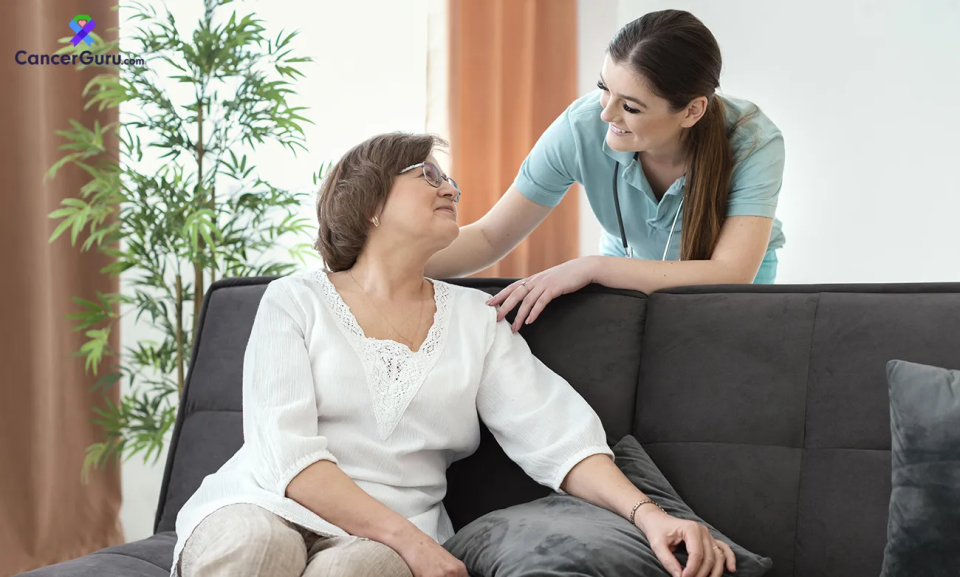- Email: [email protected]
- Contact: +1 (407)581-9000
How to Prepare for Your First Oncologist Visit: Essential Tips
July 28, 2025
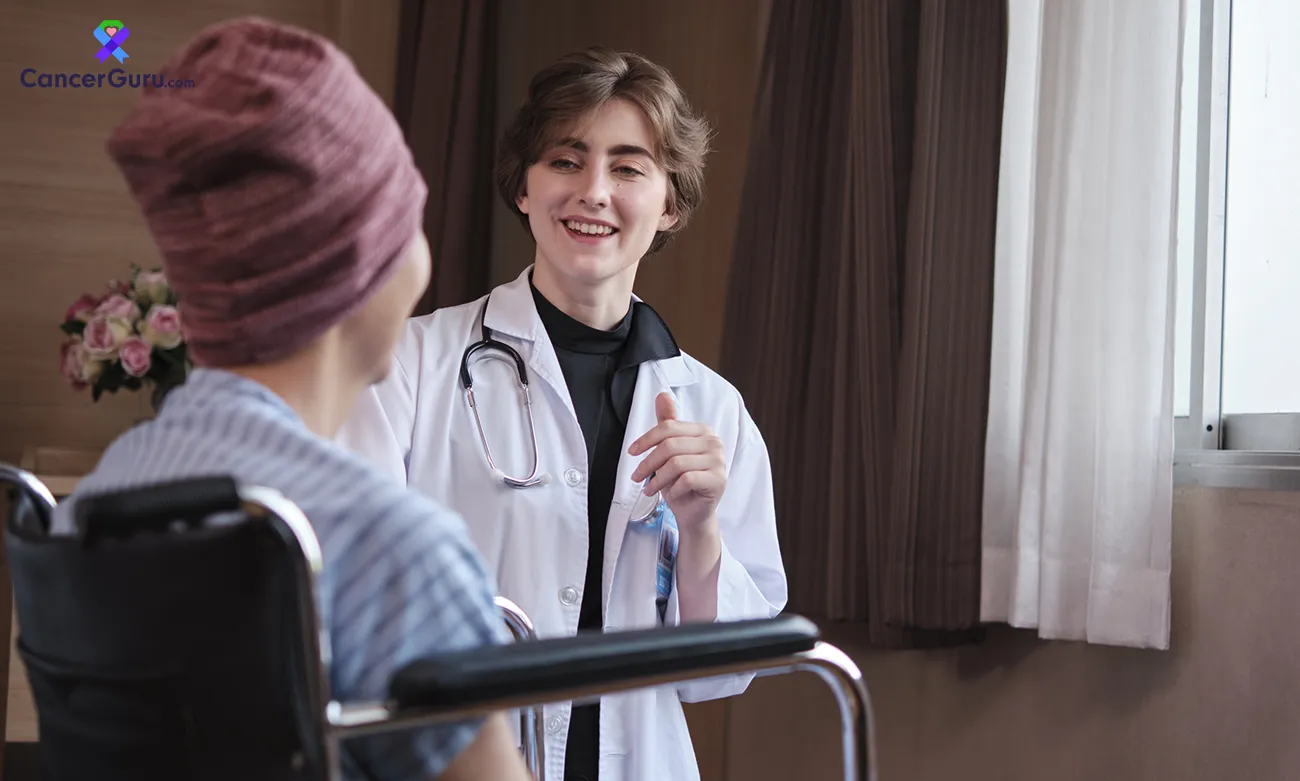
Hearing that you have cancer can be overwhelming, but you're not alone. Your first visit with an oncologist is an important step in your treatment journey. An oncologist is a doctor who specializes in diagnosing and treating cancer. They’ll help you understand your condition and explain the treatment options available. This meeting also gives you a chance to ask questions and share any concerns. It’s normal to feel nervous, but preparing ahead of time can make you feel more in control and help you make the most of your visit.
During your first appointment, your oncologist may talk about test results, possible treatments, and what to expect in the coming weeks. You might also meet other healthcare team members like a cancer navigator, who helps guide you through the treatment process. Knowing the basics about cancer and having a list of questions can make the visit smoother. It’s okay if you don’t understand everything right away, your care team is there to support you. Getting ready before the appointment can help you feel more confident.
What Is Oncology?
Oncology is the branch of medicine that deals with cancer. The word comes from a Greek word that means tumor or mass. It covers everything from cancer research and prevention to diagnosis, treatment, and life after treatment.
Doctors who specialize in oncology take care of people in all stages of the cancer journey. That includes those who are at risk, those going through treatment, and those who’ve finished treatment. These doctors often work together as part of a cancer care team.
There are different areas in oncology depending on the type of cancer or the group of people being treated. Here are a few examples:
- Hematology oncology: focuses on blood cancers like leukemia, lymphoma, and multiple myeloma.
- Cancer care: focuses on a specific type, such as breast or gynecologic cancers.
- Pediatric oncology: cares for children with cancer.
- Survivorship care: helps people stay healthy after their cancer treatment ends.
Types of Oncologists
Board-certified oncologists are doctors who specialize in certain types of cancer or treatments. Since cancer care often involves more than one kind of treatment, you might have a few different oncologists on your team, each focusing on a specific part of your care.
Here are some of the main types of oncologists:
- Medical oncologists: focus on diagnosing cancer and using treatments like chemotherapy, immunotherapy, or targeted drugs.
- Surgical oncologists: handle biopsies and remove tumors or affected tissues through surgery.
- Radiation oncologists: manage radiation therapy when it’s part of your treatment plan.
- Gynecologic oncologists: care for cancers in the reproductive organs like the ovaries or uterus.
- Pediatric oncologists: treat cancer in children and teens.
- Hematologic oncologists: treat blood cancers like leukemia, lymphoma, and multiple myeloma.
- Urologic oncologists: treat cancers in the urinary system and male reproductive organs.
Each of these specialists plays a different role, but they often work together to give you the right care for your type of cancer.
What to Bring to Your First Oncology Appointment
Your first visit to the oncology team is an important step in getting the care you need. To make sure everything goes smoothly, and the doctors have a full picture of your health, it helps you to be prepared. Here’s what you should bring along:
- List of medications: Write down everything you're taking or bring the bottles with you, including prescriptions, over-the-counter items, vitamins, or herbal supplements. Mention any medication allergies.
- Your medical and family history: Be ready to discuss past health issues and family history of cancer, including the type of cancer and the age at diagnosis.
- Insurance card and photo ID: Bring your insurance card and a valid photo ID. Ensure any required referrals are in place.
- Details about your referring doctor: Share your referring doctor’s contact information and any paperwork they provided.
- Medical records: Confirm that your oncologist has access to your medical history. You can call the clinic to help gather any missing records.
Showing up with the right information helps your care team give you the best start. Take your time to gather these items. It’ll make your first visit smoother and more productive.
What to Expect on Your First Visit to an Oncologist
Meeting an oncologist for the first time can feel overwhelming. You might have lots of questions and even more thoughts racing through your head. That’s normal. This first visit is a key step in getting the right care. It’s time to talk, ask questions, and start building a plan. Here’s what usually happens during that first appointment:
- Your medical history will come up: The doctor will ask about past tests, family cancer history, medications, and lifestyle habits like smoking or alcohol use.
- There will be a conversation about figuring things out: If your diagnosis isn’t confirmed, the oncologist will recommend additional tests. If confirmed, they’ll discuss what’s next, including possible treatments.
- A physical exam is part of the visit: The doctor will check your vital signs and conduct a basic physical exam, which may be repeated in future visits.
- They’ll go through your chart with you: The oncologist will ensure all your medical information is accurate and complete, and may offer access to your records through a patient portal.
This first visit is about learning more about your health and what comes next. Don’t worry if you feel nervous. The doctor’s job is to guide you step by step.
Questions to Ask Your Oncologist
It’s a good idea to write down some questions before your first visit. This helps you stay focused and make the most of your time with the doctor. Here are some questions to consider:
Questions About the Cancer Itself
- What type of cancer do I have?
- What stage is it, and what does that mean to me?
- What’s the usual outlook for someone with this kind of cancer?
- Will I need follow-up tests or checkups? If so, when?
Questions About Treatment Options
- What treatments are available for me?
- Which one would you recommend and why?
- Will the treatment aim to cure the cancer or control it?
- What kind of side effects should I expect?
- Will this affect my daily life, like work or taking care of things at home?
- When should I begin treatment?
Questions About Day-to-Day Care and Support
- Can I still exercise while going through treatment?
- How can I take care of my mental health during this time?
- Are there foods I should eat more of or stay away from?
Preparing for your first oncologist visit might feel scary at first but taking a few simple steps can make it smoother. Bring your questions, write down any symptoms or changes, and take someone with you if you can. It helps to speak openly and be honest about how you feel. You do not have to figure out everything in one day, but starting with a clear head makes a big difference. Just take it one step at a time. This visit is the start of your care, and you’re not facing it alone.
Image Credit: tigercat_lpg at FreePik
Ratings and reviews
No reviews yet.

